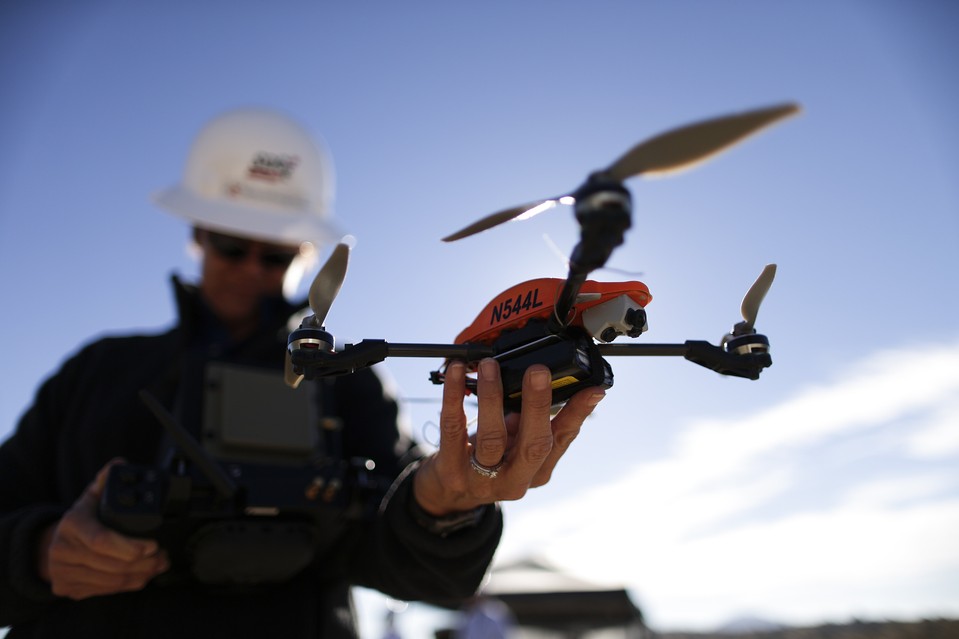Guy Bentley
Regulators and legislators looking to curtail the use of civilian drones could be losing out big on an economic boom, according to a new report from the Competitive Enterprise Institute.
Drones offer a huge opportunity to improve the way Americans work and live, but they could be stifled by “misguided, misinformed privacy and operating concerns.”
The nationwide economic benefits of drones could reach $82.1 billion by 2025, according to an industry estimate. The two biggest problems facing the drone industry at the moment are privacy concerns and airspace management, CEI concludes.
Privacy
CEI alleges that much of the media hype surrounding drones invading people’s privacy are based on “factual inaccuracies.” In fact, there already exists a number of mechanisms for people to settle their grievances if they believe their privacy has been invaded by unmanned aircraft systems.
CEI points to a “Restatement (Second) of Torts”, a treatise issued that by the American Law Institute, to make their case:
One who intentionally intrudes, physically or otherwise, upon the solitude or seclusion of another or his private affairs or concerns, is subject to liability to the other for invasion of his privacy, if the intrusion would be highly offensive to a reasonable person.
States also offer a host of privacy protections through criminal statutes. Furthermore, at the behest of President Obama those working in the world of drones are attempting to develop a national drones privacy and civil liberties best practices framework.
Given the wide array of options available to people to address their privacy concerns, CEI urge lawmakers to hold back from introducing further regulations that could hamper the industry’s development. In 2015 alone, 45 states have considered 166 bills governing drones. The total number of bills surrounding drones that have become law amounts to 26.
Airspace management
CEI lambasted federal regulators for failing to meet their own deadline for integrating drones into the system of airspace management. The Federal Aviation Administration was supposed to complete “the safe integration of civil unmanned aircraft systems into the national airspace system,” no later than September 30 but have so far failed to do so.
The FAA won’t meet its integration requirements until late 2016 at the earliest, according to Government Accountability Office report cited by CEI,
Mandated geofencing is one possible airspace management technique that could gain prominence and has been strongly advocated by Sen. Charles Schumer. Geofencing entails preprogrammed software preventing drones from operating in a certain area. CEI object to this policy on two grounds; first, it would do little to prevent “malicious airspace invaders — whether peeping toms or terrorists.”
Secondly, there is no clear policy about what would happen to the estimated one million drones already in the U.S., and whether they would need to be retrofitted with this software. “Who would pay for this? How would it be enforced?” Asks CEI scholar Marc Scribner.
CEI conclude that any further regulation of drones is unnecessary and would most likely put excessive costs on an industry with massive potential.





1 comment
… [Trackback]
[…] Find More on to that Topic: thelibertarianrepublic.com/federal-regulators-undermining-awesome-potential-of-drones/ […]